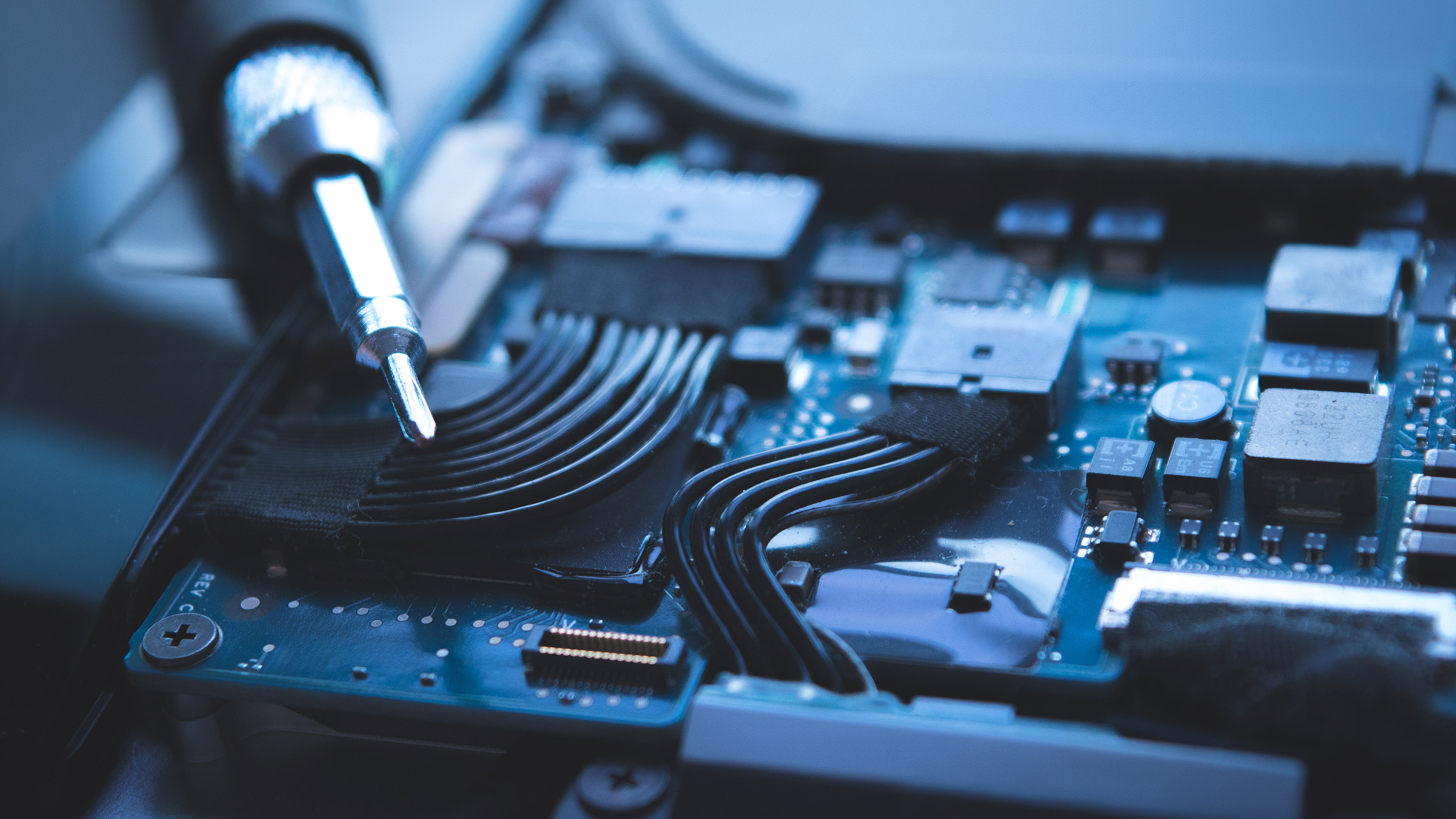Professor Mário Figueiredo: a perspective on the 2024 Nobel Prize in Physics

In this article from the newspaper Público, Professor Mário Figueiredo discusses the awarding of the 2024 Nobel Prize in Physics to John Hopfield and Geoffrey Hinton, also providing insights into some of the studies conducted by the winners.
The professor explains that Hopfield networks, virtual neural networks proposed in 1982, enabled advancements in the study of information processing and automated learning systems, contributing to the development of artificial intelligence. He also mentions that Geoffrey Hinton complemented the research by proposing variants of Hopfield networks — Boltzmann machines — that quantify probabilities and are associated with the uncertainty produced by artificial intelligence systems.
Mário Figueiredo emphasizes that this Nobel Prize in Physics "highlights the power of interdisciplinary thinking and the profound impact that the methods and ways of thinking from physics can have in seemingly distant areas."
It can be seen as an invitation from physics for researchers in machine learning and AI to think like physicists.
Professor Mário Figueiredo, Público
The professor also emphasizes that Shun’ichi Amari, a seminal Japanese researcher in this field, and Sejnowski deserve more recognition, as they have also contributed with studies in the area—Shun’ichi Amari presented research coinciding with Hopfield networks a decade before the winner, and Sejnowski is a co-author of Boltzmann machines.
Read the full article in Público.
Photography: Débora Rodrigues / Técnico
